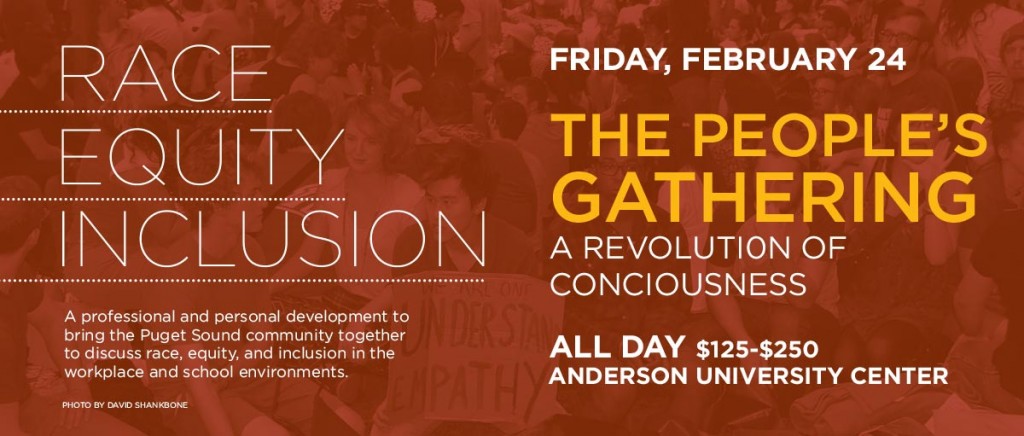Page 117 • (4,653 results in 0.055 seconds)
-
. Your LuteCard Your ID is your lifeline at PLU, and is required to use your meal plan & Dining Dollars at all campus restaurants. It is not transferable and may not be used by anyone else. Treat it like you would your driver’s license or charge card. Add Dining Dollars You may purchase additional Dining Dollars any time throughout the year. On the the GET app (with a $2.75 fee). At the Old Main Market in the Anderson University Center using cash or credit card. Online and have them charged to your
-

Northwest Conference Championships —one of which set a new PLU record for the 200 medley relay. We spoke with Hamilton about her success in the pool, and how she finds time for her sport as a senior nursing student. When did you start swimming? How did you know it was something you wanted to do in college? I started competitive swimming when I was 11 years old. I didn’t know at the time how important the sport would become in my life. I knew it was something I wanted to do at the collegiate level when
-
Engineering, Administrative, and Personal Protective Equipment controls have been and will continue to be explored for those employees whose exposures equal or exceed an 8-hour time-weighted average of 85 dBA. Hearing Protectors The University will supply and replace hearing protectors for all workers exposed to a time-weighted average of 85 dBA or greater. Supervisors will ensure that hearing protectors are worn: By any worker who is exposed to an 8-hour time-weighted average of 85 dBA or
-

with Dr. Termini, and was offered the full-time 10-week-long position. Dr. Termini runs the Termini Lab at Fred Hutch Cancer Center. Please walk us through a typical day at your internship and how your role has evolved. MM: Every morning, I would wake up around 7 a.m., grab my bike, and then scurry out of the Seattle dorm I was living in. Then, I would bike through the congested streets of Seattle to the Fred Hutch Cancer Center. Upon arriving, I would usually say hi to my lab mates, and
-

education or health insurance until he aged into Medicare. I understand you have experience as a swimming student-athlete. How did you balance sports and school? At first, it was very challenging. I struggled with time management, balancing school work, swimming and socialization. Unfortunately, the pandemic hit during the spring quarter of my freshman year of college. I rushed home. I took this time to reevaluate and focus on my studies and worked on my time-management skills. When the pandemic was
-
By Maria Flores '20Division of Social Sciences A yearlong sabbatical in 2017-18 provided Dr. Brenda Llewellyn Ihssen, Dr. Michael Schleeter, and Dr. Seth Dowland with opportunities to rethink their courses and pursue scholarly interests. For Dr. Dowland and Dr. Schleeter, sabbatical was a time to step away from teaching and service obligations so that they could focus on scholarship relevant to their teaching. For Dr. Llewellyn Ihssen, sabbatical provided an opportunity to teach and serve in a
-
classes are offered three times per week in 65-minute time blocks or twice per week in 105-minute time blocks. Other academic experiences such as labs, clinicals, discussions, independent study, field work, internships, and hybrid/online courses are largely held outside of the standard schedule, but all adhere to the credit hour policy (see Periodic Review below). One unit of credit represents three hours of learning per week where each hour spent with direct faculty instruction requires at least two
-
aren’t in danger, that our lives aren’t at risk,” Wallace explained at the time. “And sometimes it doesn’t matter what you do.” Wallace believes his roommate took the new-found perspective to heart. He credits it to a practice that is often taken for granted — listening. “Listening and hearing are two totally different things,” Wallace said. “Hearing, you’re talking to me.” But listening, he said, is processing that information. And doing something with it. Conscious listening often means being
-

, Africans and African-Americans relations, and critical service-learning as a pedagogical practice in peace education.DR. ROBIN DiANGELORobin DiAngelo, Ph.D., is director of Equity for Sound Generations, Seattle/King County, and a consultant and trainer for over 20 years on issues of racial and social justice. Growing up poor led her to explore class oppression and how her experience differed from others in poverty because she is white. Her work on “white fragility,” a defensive response to real
-

Build It and They Will Come Build It and They Will Come https://www.plu.edu/resolute/spring-2019/wp-content/uploads/sites/31/2019/05/center-for-student-success-cover-1024x532.jpg 1024 532 Thomas Kyle-Milward Thomas Kyle-Milward https://www.plu.edu/resolute/spring-2019/wp-content/uploads/sites/31/2019/05/thomas-kyle-milward.jpg May 13, 2019 June 7, 2019 Unlocking real student success requires meeting them where they are. Pacific Lutheran University’s new Nate Schoening Center for Student Success
Do you have any feedback for us? If so, feel free to use our Feedback Form.


